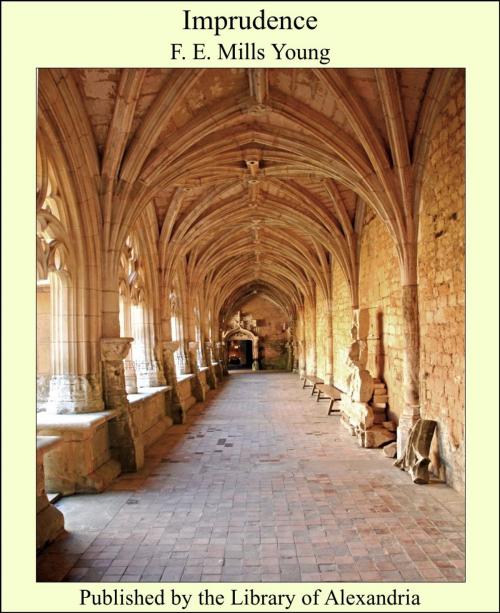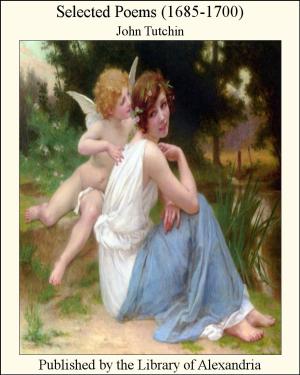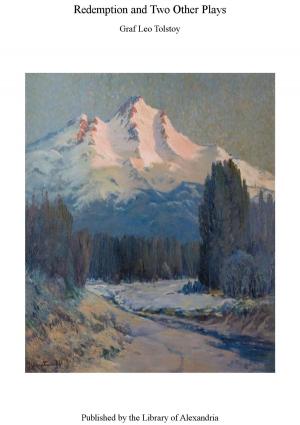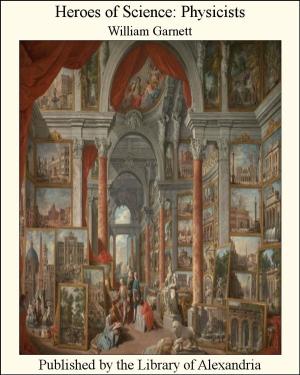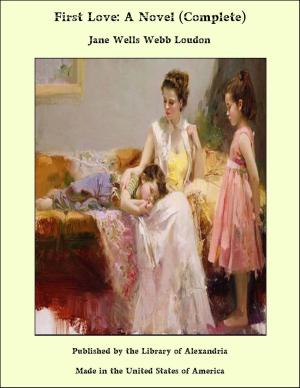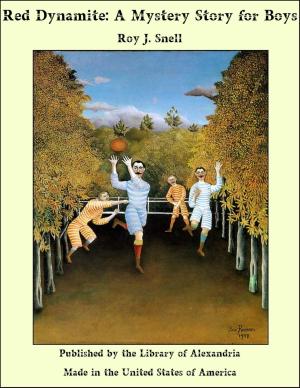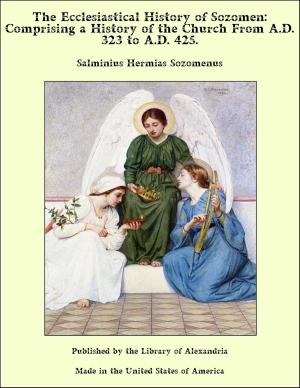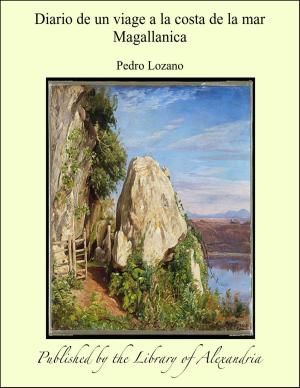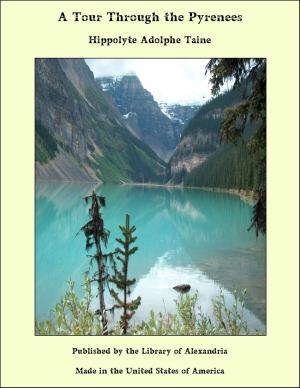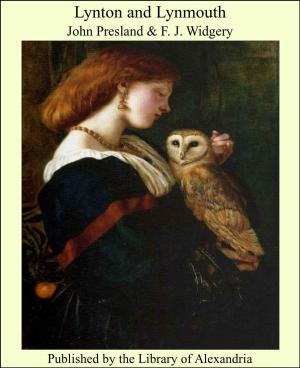| Author: | F. E. Mills Young | ISBN: | 9781465514646 |
| Publisher: | Library of Alexandria | Publication: | March 8, 2015 |
| Imprint: | Language: | English |
| Author: | F. E. Mills Young |
| ISBN: | 9781465514646 |
| Publisher: | Library of Alexandria |
| Publication: | March 8, 2015 |
| Imprint: | |
| Language: | English |
“Now came still evening on.” The fading light, warm and faintly glowing from the last rays of the May sun, lay with a lingering mellowness upon the fields, upon the light green of leafing trees, upon a white froth of late blackthorn blossoming in the hedges, upon the straggling township nestling in the hollow, and upon the tall red-brick chimneys dominating Wortheton—dominating the souls sheltering beneath the clustering roofs—dominating and subjugating brain and mind and body by the might of their crushing omnipotence, by the strength of wealth and industry and established order—gaunt chimneys, rising out of the green mist of the trees, grotesque, symbolic landmarks—index fingers witnessing in obelisk-like ugliness to the power and importance of successful commercial enterprise, to the dignity of capital and the drab necessity of labour, to, in short, the disproportionate values in most existing things. In the evening light, between the lengthening shadows flung by the hedges along the dusty road that leads to Wortheton, a girl walked listlessly, a girl whose youth was marred by a look of world-weary wisdom, as much at variance with the young face as the tall brick chimneys with the harmonious beauty of the landscape. But for that look, and the sullen expression in the brown eyes, the girl would have been beautiful, as the scene was beautiful, and the soft primrose light upon the uplands; but the buoyant elasticity, the hope, and the freshness of youth, these were lacking; there remained only the pitiful fact that in years the girl was in the springtime of life and in experience more matured. As she walked, her sullen gaze shifted furtively from the township below to the fair open country, growing momentarily dimmer and greyer as the light in the sky paled. A gap in the hedge revealed a narrow path between giant elms, and a cool shadowed coppice where the bracken fronds rose stiff and closely curled, and dark ivy twined thickly about the tree trunks. The girl turned aside into the coppice and, with the fugitive instinct of hiding from the light, penetrated its shaded depths, and paused and leaned her arms against the gnarled trunk of a sheltering beech tree, and rested her head upon her arms in dry-eyed tragic sorrow. In a fork of the leafy branches overhead a bird had its nest, sitting in brooding satisfaction upon its delicate speckled eggs. The intrusion startled it from slumber: the round eyes betrayed a suspicious uneasiness, and the soft warm body nestled closer over the eggs it protected. Quaint thing of feathers and bright-eyed watchfulness and maternal instinct, with no sense of anything beyond the supreme importance of hatching those little speckled eggs—drawing its unconscious comparison by the pride of elemental right to the disproportion in values in this as in Other matters, happy in its prospective mOtherhood, peering timorously through the green tracery sheltering it, home at the unhappy prospective human mOthers with resentful eyes lifted curiously to observe its brooding content
“Now came still evening on.” The fading light, warm and faintly glowing from the last rays of the May sun, lay with a lingering mellowness upon the fields, upon the light green of leafing trees, upon a white froth of late blackthorn blossoming in the hedges, upon the straggling township nestling in the hollow, and upon the tall red-brick chimneys dominating Wortheton—dominating the souls sheltering beneath the clustering roofs—dominating and subjugating brain and mind and body by the might of their crushing omnipotence, by the strength of wealth and industry and established order—gaunt chimneys, rising out of the green mist of the trees, grotesque, symbolic landmarks—index fingers witnessing in obelisk-like ugliness to the power and importance of successful commercial enterprise, to the dignity of capital and the drab necessity of labour, to, in short, the disproportionate values in most existing things. In the evening light, between the lengthening shadows flung by the hedges along the dusty road that leads to Wortheton, a girl walked listlessly, a girl whose youth was marred by a look of world-weary wisdom, as much at variance with the young face as the tall brick chimneys with the harmonious beauty of the landscape. But for that look, and the sullen expression in the brown eyes, the girl would have been beautiful, as the scene was beautiful, and the soft primrose light upon the uplands; but the buoyant elasticity, the hope, and the freshness of youth, these were lacking; there remained only the pitiful fact that in years the girl was in the springtime of life and in experience more matured. As she walked, her sullen gaze shifted furtively from the township below to the fair open country, growing momentarily dimmer and greyer as the light in the sky paled. A gap in the hedge revealed a narrow path between giant elms, and a cool shadowed coppice where the bracken fronds rose stiff and closely curled, and dark ivy twined thickly about the tree trunks. The girl turned aside into the coppice and, with the fugitive instinct of hiding from the light, penetrated its shaded depths, and paused and leaned her arms against the gnarled trunk of a sheltering beech tree, and rested her head upon her arms in dry-eyed tragic sorrow. In a fork of the leafy branches overhead a bird had its nest, sitting in brooding satisfaction upon its delicate speckled eggs. The intrusion startled it from slumber: the round eyes betrayed a suspicious uneasiness, and the soft warm body nestled closer over the eggs it protected. Quaint thing of feathers and bright-eyed watchfulness and maternal instinct, with no sense of anything beyond the supreme importance of hatching those little speckled eggs—drawing its unconscious comparison by the pride of elemental right to the disproportion in values in this as in Other matters, happy in its prospective mOtherhood, peering timorously through the green tracery sheltering it, home at the unhappy prospective human mOthers with resentful eyes lifted curiously to observe its brooding content
